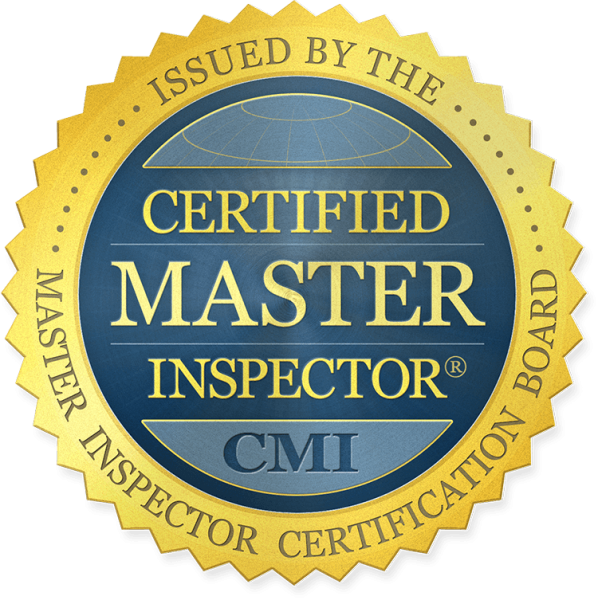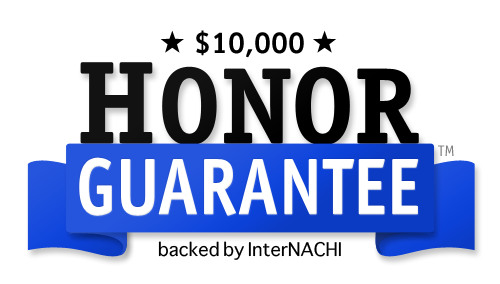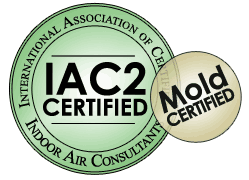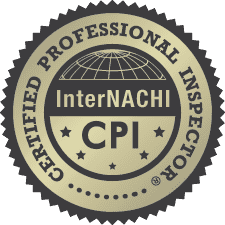West Virginia is host to many trees, plants, and flowers, which add to the remarkable beauty of the state. As a Charleston, WV Home Inspector, I find that many homeowners enjoy shrubbery, bushes, and trees around their property. These items can provide a cozy appearance, shade, protection from wind and noise, or privacy for the home and its occupants. Unfortunately, these same items can provide deterioration of the home’s structure, and even its appearance, and are duly noted during my Charleston Home Inspection.
Moisture seeking ivy vines that grow up against a brick home can eventually work their way into the mortar joints, or into the porous bricks, and damage the integrity of both. There are even cases where the ivy tendrils are actually what are holding the bricks together once they have displaced all the mortar! This may take a very long time, but it is still damaging nonetheless. Once it starts to take hold, the chore of removal only becomes more difficult, even when the plant is dead, and can leave a homeowner with an expensive and/or time consuming clean-up or removal plan. This crawling ivy also provides a path and/or nesting place for insects as well.

. Many of my Charleston Area Home Inspections reveal shrubbery and flowerbeds planted directly against the foundation. While we can’t argue with the beauty and curb appeal this may provide, it is also an avenue for rapid structure deterioration. Shrubs should not be planted closer than two feet from the structure, and flowerbeds should have a separate barrier against the foundation, instead of using the foundation itself as a border, to prevent moisture from penetrating the foundation wall. Shrubs will also provide shelter, nesting places, and pathways for insects and unwanted pests. Large shrubs planted close to the house can also provide cover for a burglar or vandal.

.Overhanging tree limbs can also be responsible for deterioration or expensive repair. While they do provide shade and privacy, they also provide a bridge for insects and vermin to enter the structure, usually through the attic. The leaves and limbs that drop off will clog gutters as well as stain or damage shingles. Larger limbs can fall or break during a storm and cause property damage or personal injury. And not just limbs that overhang the house, but any large tree or limb close enough to strike the house or roof should it fall during a storm should be evaluated and considered for removal. Always use a professional. Cutting large trees and limbs is dangerous work.


. No, I am not anti-tree, anti-shrub, or even anti-vine. As a Home Inspector in Charleston and the surrounding area, I just happen to see the results of the damage these beautiful plants can cause if neglected or not cared for properly. They can all add to the beauty and desirability of your property, but must be maintained to receive the maximum benefits and the least amount of future repairs.
Inspection Connection
Michael A Clark, CHI
![]()









